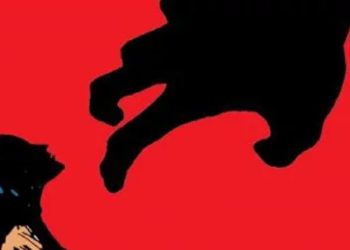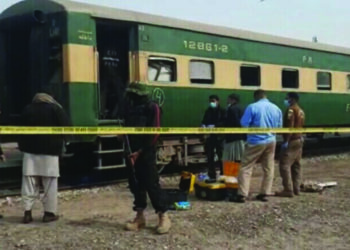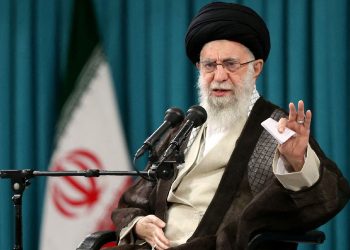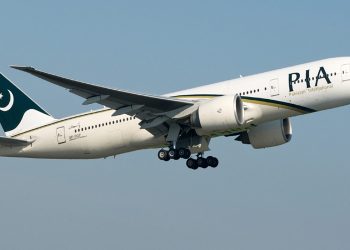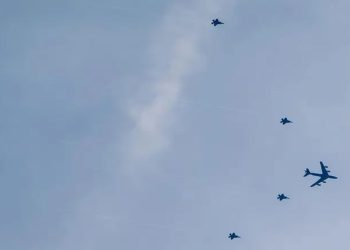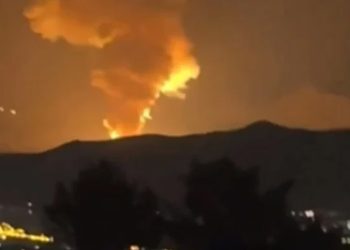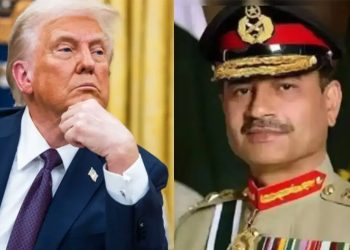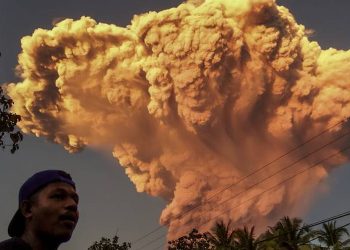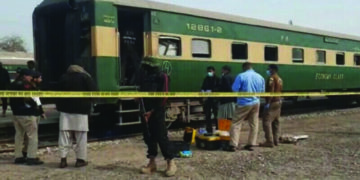The Awami National Party (ANP) is all set to hold a large public rally in Karachi today to commemorate the death anniversaries of Bacha Khan and Khan Abdul Wali Khan.
The rally will take place at Bagh-e-Jinnah this evening. It will be addressed by ANP President Aimal Wali Khan, along with other party leaders and stalwarts, including Mian Iftikhar Hussain, Sardar Hussain Babak, Maulana Khan Zaib, Nisar Baz, and Shahi Syed.
This will be ANP’s major power show in the city after a long hiatus.
Bacha Khan:

Bacha Khan, also known as Khan Abdul Ghaffar Khan, was a prominent Pashtun independence activist and a key figure in the struggle against British colonial rule in India. Born in 1890 in the region now part of Pakistan, Bacha Khan was a staunch advocate for nonviolent resistance and social reforms. He founded the Khudai Khidmatgar (Servants of God) movement, which aimed to promote education, unity, and nonviolent resistance among Pashtuns and other Indian communities.
Known as the “Frontier Gandhi” due to his close association with Mahatma Gandhi and his advocacy of nonviolence, Bacha Khan played a key role in the Indian independence movement, particularly in the North-West Frontier Province (now Khyber Pakhtunkhwa). Despite facing numerous arrests and exile by the British, he remained committed to his cause. After the partition of India in 1947, he became a prominent political figure in Pakistan, advocating for the rights of oppressed nations and promoting peace. He passed away in 1988, leaving behind a legacy as a champion of nonviolence, education, and political activism.
Wali Khan:
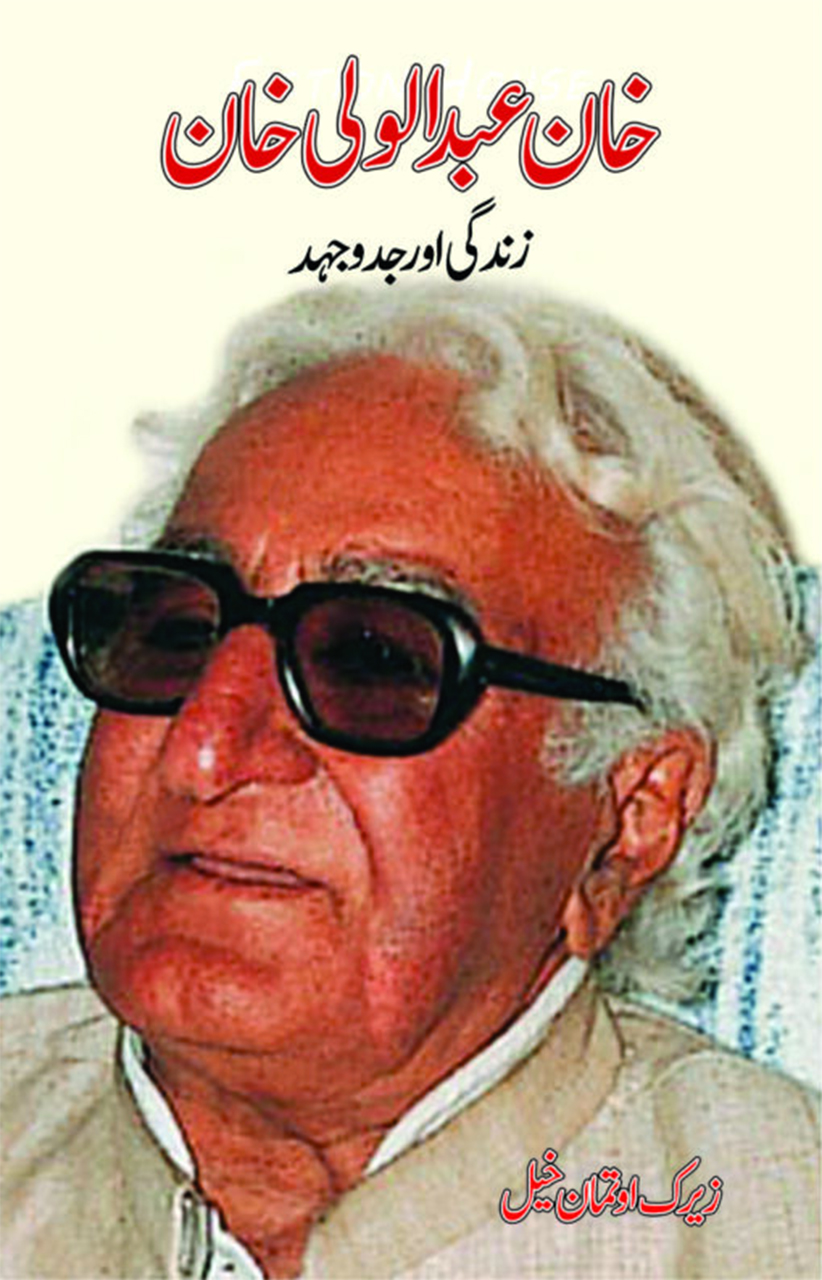
Khan Abdul Wali Khan was a prominent Pakistani politician and the son of the legendary independence leader, Bacha Khan. Born in 1917 in the North-West Frontier Province (now Khyber Pakhtunkhwa, Pakistan), Wali Khan was a key political figure and a strong advocate for the rights of Pashtuns. He played an instrumental role in the formation of the Awami National Party (ANP), which was built on the ideals of his father’s Khudai Khidmatgar movement.
Wali Khan was a proponent of social justice, federalism, and democracy. He was a vocal critic of Pakistan’s central government, particularly regarding its treatment of Pashtuns and other ethnic groups. Throughout his career, he sought to strengthen democratic values and promote regional autonomy within Pakistan. Wali Khan held several important political positions, including serving as a member of the National Assembly and as the leader of the opposition. He was also a key figure in various political alliances, striving to unite different ethnic and political factions.
Wali Khan passed away in 2006, leaving behind a legacy as a tireless champion of Pashtun rights, political autonomy, and democratic principles.








